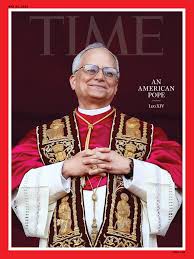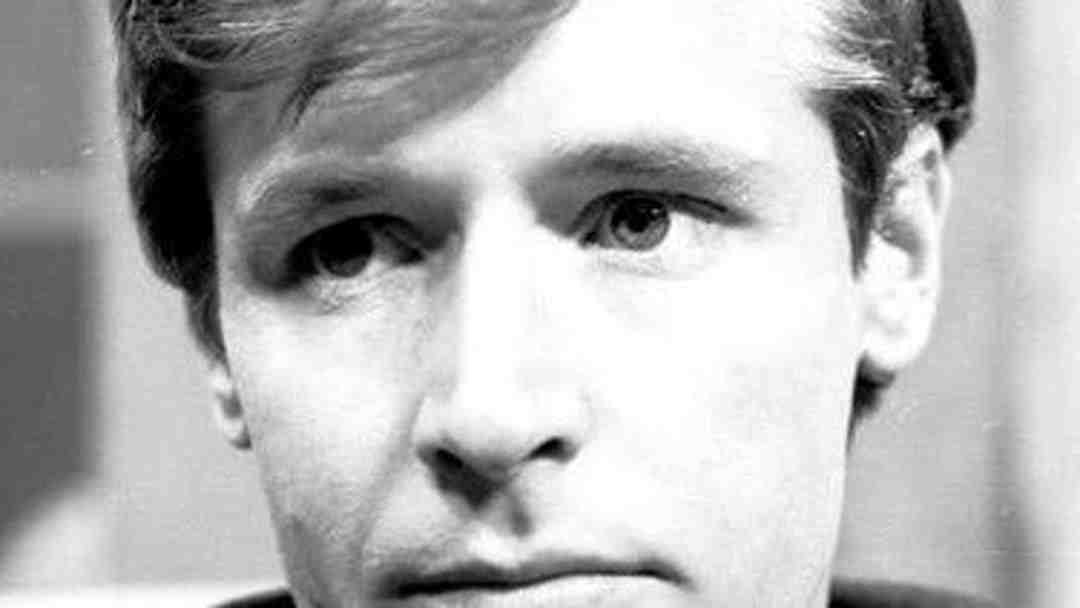The Legacy of Pope Leo: His Influence on the Catholic Church

Introduction
Pope Leo, particularly Pope Leo XIII, remains a significant figure in the history of the Catholic Church and its interactions with modern society. His papacy, which lasted from 1878 to 1903, was marked by extensive social teachings that have had a lasting influence on the Church’s approach to contemporary issues. Understanding his contributions is crucial to grasping the evolution of the Church in the context of a rapidly changing world.
Pope Leo XIII and His Social Encyclicals
Pope Leo XIII is perhaps best known for his encyclical Rerum Novarum, published in 1891. This document addressed the rights and obligations of capital and labour, laying the groundwork for modern Catholic social teaching. It was a response to the social upheaval caused by industrialisation and advocated for the dignity of labour as well as the rights of workers. This encyclical was revolutionary as it urged both employers and workers to engage in fair practices and to respect one another’s rights.
Condemnation of Socialism and Advocacy for Christian Democracy
In Rerum Novarum, Pope Leo XIII also condemned socialism while advocating for a Christian democratic approach that balances the needs of society with those of the individual. His teachings encouraged Catholics to participate constructively in society, promoting a vision of social justice that upholds human dignity. This theme continued throughout his papacy, influencing future popes and movements within the Church.
Additionally, Pope Leo’s Impact on Ecumenism
Another noteworthy aspect of Pope Leo’s legacy is his approach to ecumenism—the promotion of unity among Christian denominations. He engaged in dialogues with various Protestant communities aiming to foster understanding and cooperation. This was significant during a period marked by deep divisions within Christianity and laid the groundwork for later ecumenical efforts by subsequent popes.
Conclusion
The impact of Pope Leo XIII extends far beyond his tenure at the Vatican; his ideas continue to resonate in contemporary dialogues about social justice, labour rights, and ecumenical efforts. As modern society grapples with issues of inequality and disunity, the teachings of Pope Leo offer relevant insights and guidance. His legacy serves as a reminder of the Church’s role in advocating for the dignity of all individuals, a pertinent message that continues to inspire today’s generation of Catholics and beyond.
You may also like

Remembering Matthew Perry: A Look at His Life and Legacy

The Enduring Legacy of James Madison
